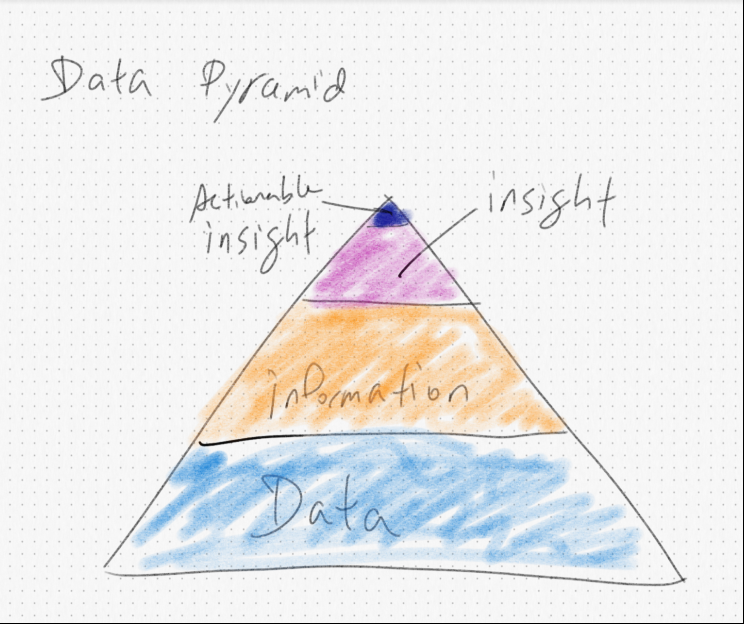The Radiology Society of North America (RSNA) Annual Meeting is a place to expand your knowledge base, both by taking a deeper dive into your core interest and by getting your feet wet a few new skills.
If informatics is something you’ve been interested in but need a good way to get started, then the RSNA offers some solid opportunities for beginners.
Intro to Statistics with R
Sunday 4:00-5:30 PM | RCB13 | Room: S401CD
- Tessa S. Cook, MD, PhD
- Joe C. Wildenberg, MD,PhD
- James E. Schmitt, MD, PhD
R is an important (and free) programming language for statisticians. Three of the University of Pennsylvania’s researcher-radiologists work together to create a hands-on experience with R. For this year, the course will be set up on a cloud-based platform (from yours truly) so all you will need to bring is a computer with a web browser. No other software installation required!
Deep Learning: What the Radiologist Needs to Know
All Day | IN003-EB-X | IN Community, Learning Center
- Raymond W. Liu, MD
- Garry Choy, MD, MS
- Stuart R. Pomerantz, MD
- James A. Brink, MD
- Keith J. Dreyer, DO, PhD
- Mark H. Michalski, MD
- Synho Do, PhD
Deep learning is quickly becoming a buzz word in modern technology, with big players such as Microsoft, IBM, Google, Amazon, and Facebook developing remarkably some of the most performant algorithms in the world. Learn it from the best, this group of academicians with teams from GE and IBM worked together to create a module that’s accessible and practical for the general radiologist.
MACRA: Radiology Tools for Success
Monday 8:30-10:00 AM | RC227 | Room: S402AB
- Ezequiel Silva III, MD
- Pamela Kassing
- Frank J. Rybicki III, MD, PhD
- Mythreyi Bhargavan-Chatfield, PhD
- J. Raymond Geis, MD
The president-elect won the election in part due to his promise to repeal the Affordable Care Act. The Medicare Access and CHIP (Children’s Health Insurance Program) Reauthorization Act is different. MACRA is a cost-neutral policy to shift Medicare payments towards better performance and improved value with bipartisan support. A basic understanding of MACRA, MIPS, and APMs is worthy of any radiology informaticist or quality improvement expert.
Prospering in the Era of Payment Reform
Tuesday 8:30-10:00 AM | RC327 | Room: N226
- Ezequiel Silva III, MD
- Geraldine B. McGinty, MD, MBA
- James A. Brink, MD
You’ve got me – this is not an informatics-related session. In my humble opinion, any medical informatics project that deserves your attention is one that aims at improving patient care. Whether through actionable insights, improving communication, or even streamlining reimbursement, a working knowledge of why we bother to apply technology to these tasks at all is invaluable. This RSNA session paves the foundation for improving patient outcomes by leveraging policy, data, and communication.
Initiatives to Support Quality Measurement and Effectiveness Research in Radiology
Tuesday 10:30-12:00 PM | RCC32 | Room: S501ABC
- Jeffrey Smith, MPP
- Richard L. Morin, PhD
- Charles E. Kahn JR, MD, MS
- Douglas Fridsma, MD, PhD
Data is remarkably useful. Data is also difficult to manage because it is all too easy to confuse data, information, insight/knowledge, and actual, actionable insight. This session takes a practical approach on translating numbers and charts to metrics, effectiveness research, and outcome.
Hands-on Introduction to Social Media
Thursday 8:30-10:00 AM | RCB51 | Room: S401CD
- Amy L. Kotsenas, MD
- Neil U Lall, MD
- Tirath Y. Patel, MD
- Tessa S. Cook, MD, PhD
- Saad Ranginwala, MD
Social media is an excellent source to learn about the most topical radiology issues, to connect with important voices in the community, and to express your own brand of career interest. There is definitely a difference between knowing how Twitter works and being a Twitter master. You don’t get to 2000 followers without managing to offer consistently 140 characters of useful bits. This RSNA session gives us a glimpse into how these radiologists can find the time to productive.
Conclusion
In this list, we skipped some of the very fascinating but more advanced topics and focused sessions that everyone will find useful. Even if you can only find time to go to 1 of these sessions, RSNA is a wonderful place to expand your horizon and learn to bring better patient outcomes using technology.




